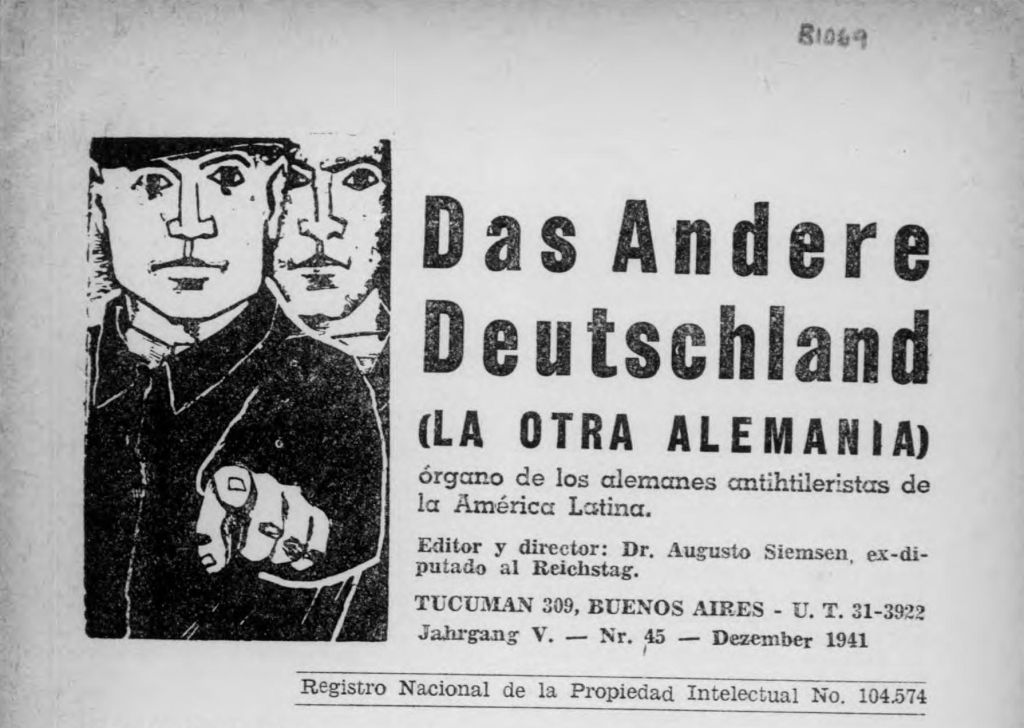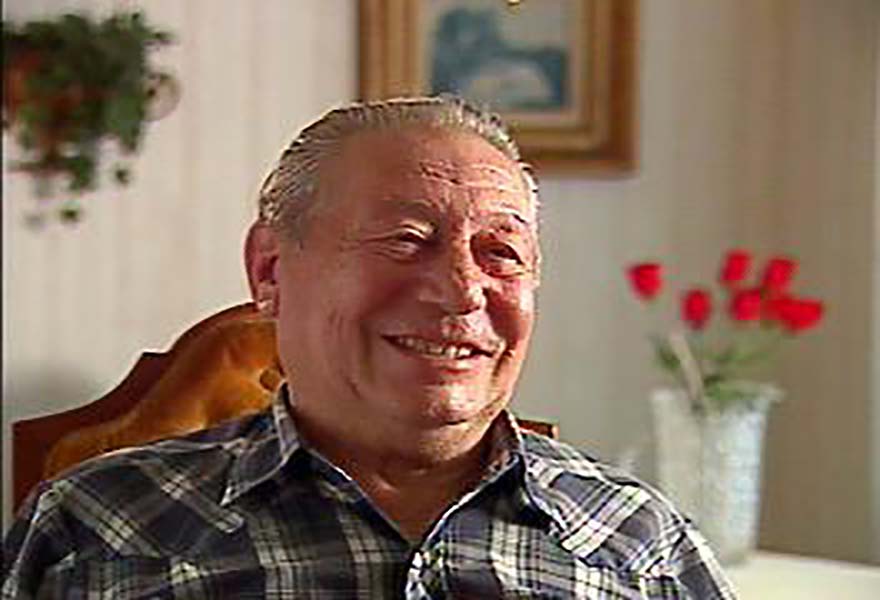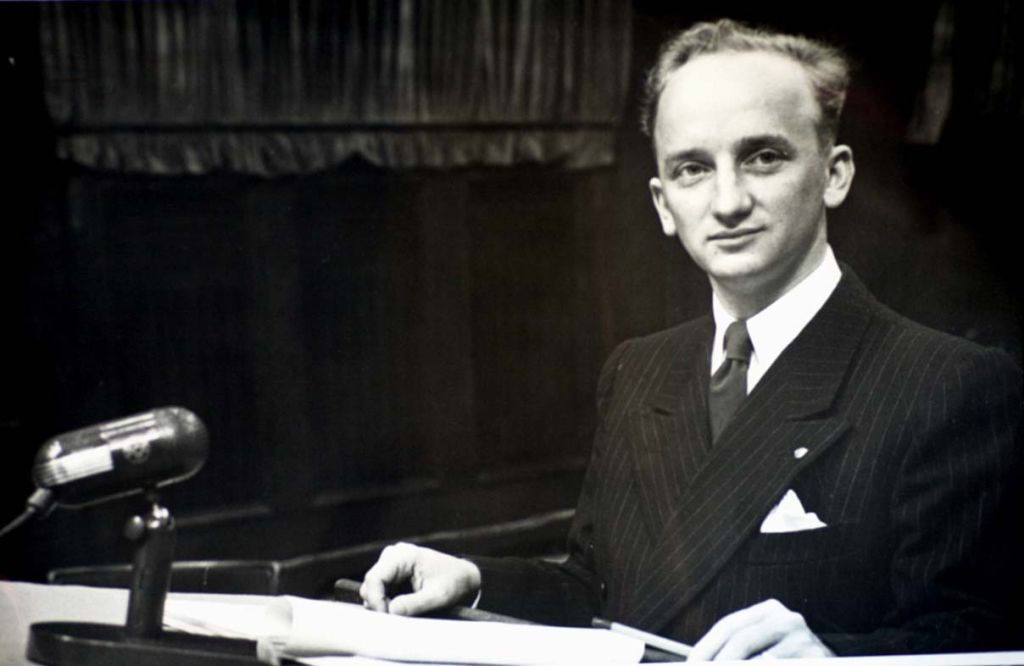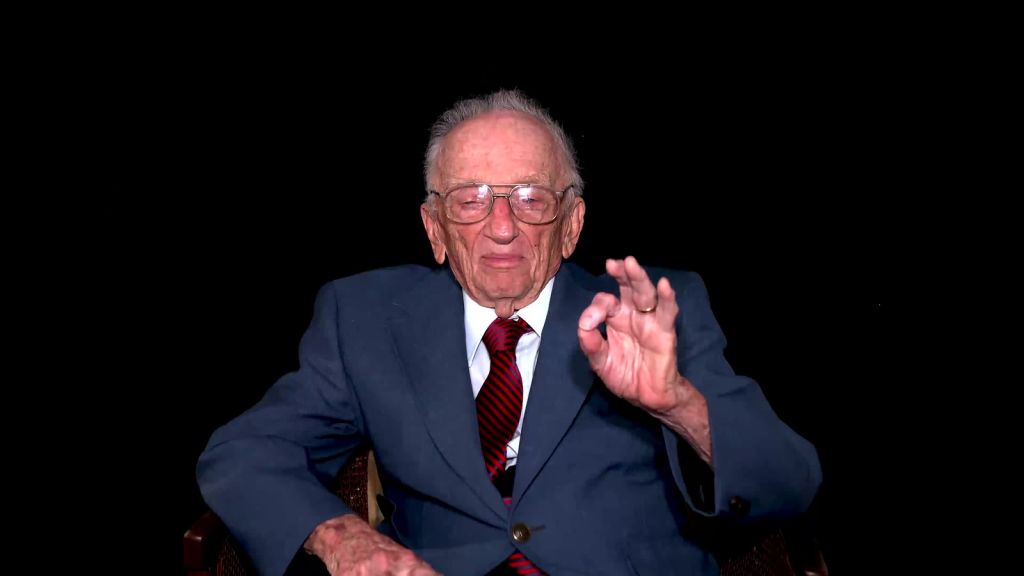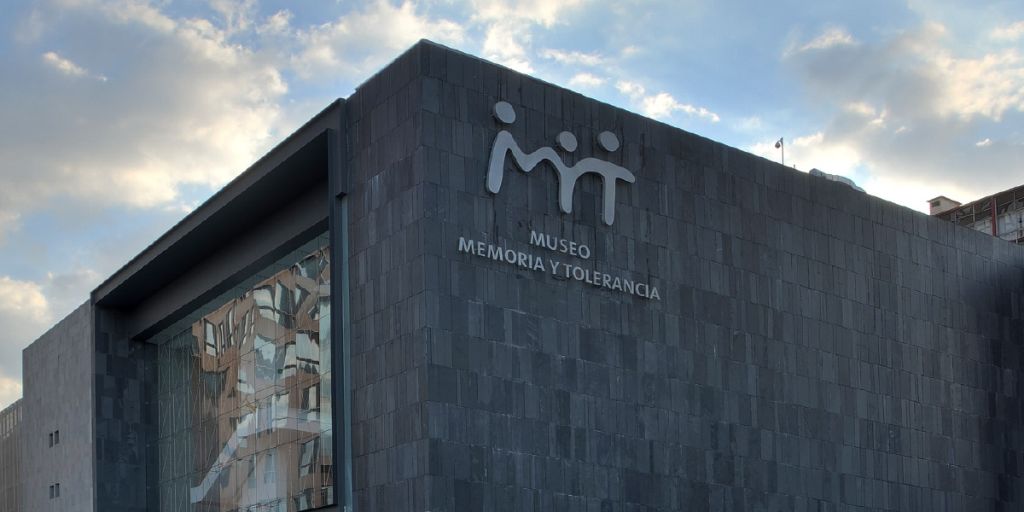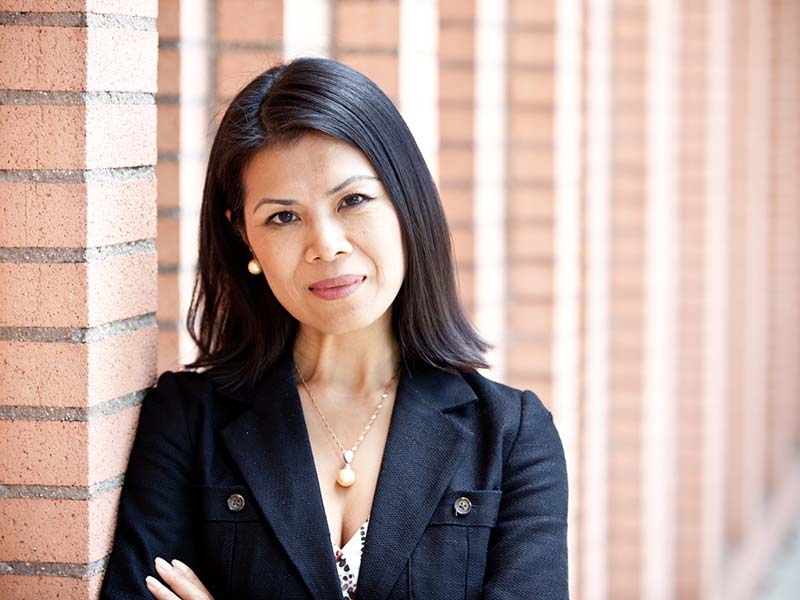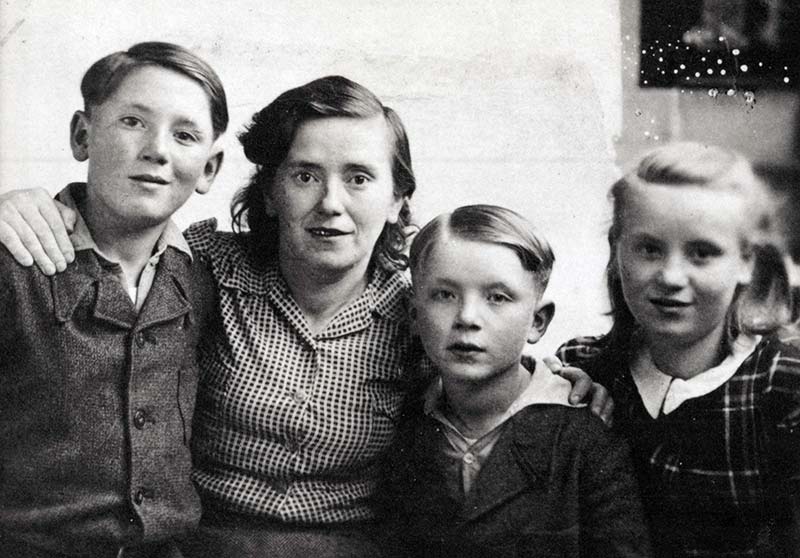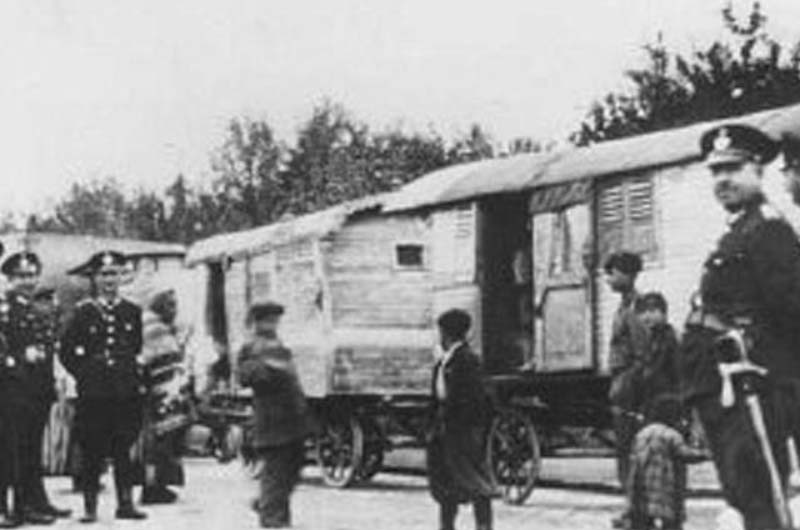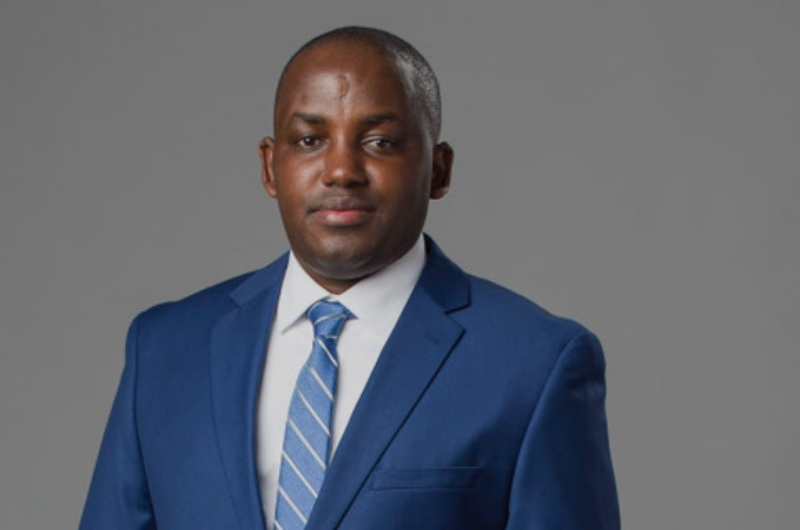Wonder Woman star Gal Gadot opened her Los Angeles home to friends and family earlier this week to commemorate Yom HaShoah by hosting an intimate conversation with Holocaust survivor Celina Biniaz, the youngest female on Oskar Schindler’s famed list.
As the Nazis assumed power in Germany in 1933, many artists and intellectuals opposed to the regime sought refuge in Latin America, particularly in Argentina, Brazil, and Mexico.
Joseph Greenblatt believes it was the antisemitic taunts he endured throughout his childhood in Warsaw that led him to a life of resistance. He was a key player in the 1943 Warsaw Ghetto Uprising, and then took on the Germans again, this time with the Polish Home Army in the Warsaw Uprising of 1944 — for which he later received a medal.
Greenblatt’s testimony, recorded in New York City in 1996, is contained in USC Shoah Foundation’s Visual History Archive.
In July 2020, Ben Ferencz, the last remaining Nuremberg prosecutor who died earlier this month, sat for a Dimensions in Testimony Education interview.
Below are excerpts from the three-day conversation, which was released today.
On his Place of Birth
Ben Ferencz, the last remaining prosecutor from the Nuremberg Trials who passed away in Florida earlier this month, gave countless interviews over the course of his illustrious career.
But surely none was longer, or more technically challenging, than the three-day testimony he gave to USC Shoah Foundation at the height of the Covid pandemic in July 2020.
The need for social distancing necessitated that filming be done remotely, with boxes of sophisticated equipment shipped to Ferencz’s modest Florida home.
USC Shoah Foundation and The Latin American Network for Education on the Shoah (Red LAES) today launch an educational partnership dedicated to the study, teaching, and dissemination of Spanish-language Holocaust testimonies in Latin America.
The new initiative, announced to coincide with Yom HaShoah, will undertake a range of innovative activities including the creation of a landing page on USC Shoah Foundation’s award-winning IWitness platform that will feature downloadable Spanish-language modules based on testimonies from the 56,000-strong Visual History Archive.
April 8 is International Roma Day, an opportunity to celebrate the Romani and Sinti culture and raise awareness about the challenges faced by Europe’s largest ethnic minority.
An estimated 70 to 80 percent of Europe’s Roma and Sinti population was killed by the Nazis and their Axis partners during World War Two, a genocide with impacts that reverberate through the community today.
April 7 is the International Day of Reflection on the 1994 Genocide Against the Tutsi in Rwanda. The day of remembrance marks the start of the 100-day genocidal campaign in which an estimated 800,000 Rwandans—mainly Tutsis and moderate Hutus—were killed by well-organized mobs of Hutu extremists.
Edith Umugiraneza, a survivor of the 1994 Genocide Against the Tutsi in Rwanda who now works for USC Shoah Foundation, says false information and manipulated facts helped ignite and sustain the violence, and even today threaten to distort our understanding of events.

